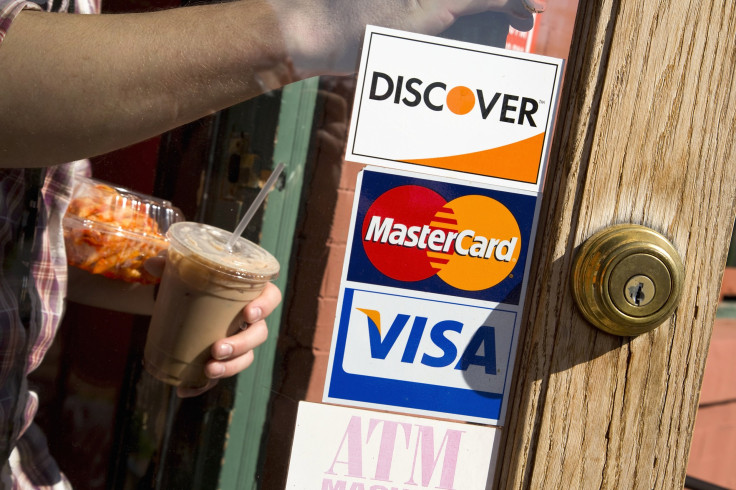Credit Card Debt: With Record Spending, Is A New Recession Coming?

This article was originally published on the Motley Fool.
Wallet Hub's latest Credit Card Debt Study, based on Federal Reserve data, revealed that we've returned to our pre-recession bad habits with regards to credit cards: average debt is climbing faster than we are paying it off, meaning that we are on track to top $1 trillion in credit card debt by the end of 2017.
The dangers of debt overload
The Great Recession that started nearly a decade ago was largely triggered by high debt loads, and while mortgage debt may have been the primary culprit, credit card debt was a significant factor. Americans were spending more than they earned, believing that the stock market and the value of their homes would continue to rise and allow them to put off the day of reckoning indefinitely.
• Motley Fool Issues Rare Triple-Buy Alert
But even the most bullish of bull markets doesn't last forever, and the stock market crash -- combined with plunging housing markets -- left far too many people with debts they could never hope to pay.
Keep debt under control
A little debt, especially if it's " good debt " such as a mortgage, can indeed be a financial blessing. But it's easy to overdo debt, and once you go too far down that slippery slope you'll find it very difficult to reverse the process and get your debt load under control.
This is particularly true of credit card debt, because the insanely high interest rates on such debt makes it far harder to pay off. Prevention is, as ever, the best cure: keep your credit card debt as near to zero as possible and minimize your other forms of debt, so that your income can go toward current expenses rather than things that you bought years ago.
• This Stock Could Be Like Buying Amazon in 1997
Curing the debt disease
If you're already carrying a significant load of debt, you may feel like there's no way out. Digging out from under a mountain of high interest debt is indeed a challenge, but it's far from impossible. Using tools such as balance transfer offers can make debt repayment far easier; a balance transfer offer gives you a low or even no interest period during which you can cut your credit card balances down to size.
Paying down debt will be much easier if you make it your top financial priority ; there's really no point in spending money on investments that will earn you 7% or 8% back per year if you're simultaneously paying 15% per month on your credit card debt. Instead, put every penny you can into buying down your debt load, and once that's under control, you can resume your normal saving and investing routines.
• 7 of 8 People Are Clueless About This Trillion-Dollar Market
Balancing your budget
If an overload of credit card debt is caused by spending more than you earn, then the cure is obvious: spend only as much money as you make in income. Of course, that may be easier said than done. However, nearly every budget has some fat in it that can be trimmed out to make living within your means much easier. And if you can't cut expenses, you may be able to increase income instead, whether it's by talking your boss into giving you a raise, taking on a new part-time job, or finding a way to make money off your hobby. Unlike the federal government, you don't have the luxury of living for a long time with an unbalanced budget -- and trying to do so is a sure road to bankruptcy.
The Motley Fool has a disclosure policy.





















